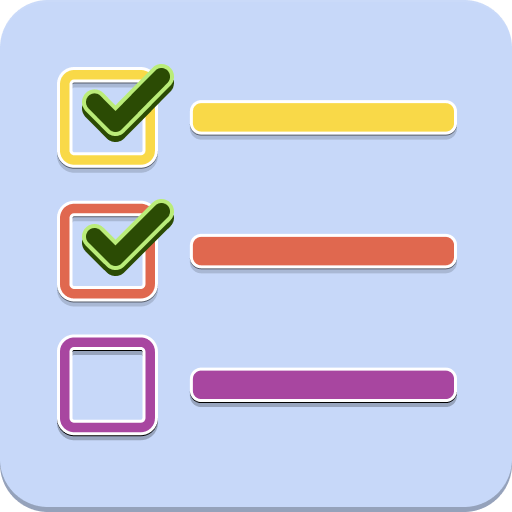
A quiz about plagiarism at college or university.
1
Which of the following is definitely plagiarism?
Choose one or more answers
2
Which of the following statements are true?
Choose one or more answers
3
In your reading, you find an essay which answers the same essay question you have been given. You think the essay has interesting ideas and is well written. You also agree with the main argument. So, you take the essay and spend the day paraphrasing each sentence until you are confident that all of the sentences in the essay are your own. You submit the essay to your teacher. Have you plagiarised?
4
You are getting close to the due date for your assignment and you are anxious. You ask a friend to help you complete it. Your friend looks at your work and makes several changes to the grammar, vocabulary and ideas. You submit the work as your own. Have you plagiarised?
5
You find some texts which relate to a presentation question you have been given. You think these texts have interesting ideas and are well written. You spend the day taking elements from each text and putting them together in a new structure. Finally, you have a presentation which is the combination of all of these parts. You spend some more time making sure that all the sentences are well paraphrased. You deliver the presentation on the due day. Have you plagiarised?
6
In your research report, you include many academic sources which support your argument. You want to be as persuasive and accurate as possible, so you use citations for almost everything, including your main ideas. In the end, most of your sentences include a citation to show a source. You submit the assignment to your teacher. Have you plagiarised?
7
You have a writing question which is very similar to one which you had previously submitted to another course. You got a good grade for that assignment, so you begin rewriting parts of it so it fits the new question. The new assignment has slightly different requirements, so you spend some time modifying the text to suit. When you are finished, the text is in a new format and has a few new additions and edits. You submit the assignment to your teacher. Have you plagiarised?
8
You are preparing a presentation about overpopulation in cities. You begin by brainstorming ideas in response to the topic based on your own knowledge and understanding, and you use these ideas to do some early reading. You take notes and develop your understanding of the topic. You are careful to note the sources of all the information you find. You read over your notes and consider what you have learnt. You come up with an opinion on the topic and a general plan of how you will discuss it. Then, you begin your research proper. You use your plan as a structure of ideas and add supporting information from sources where necessary. All of your notes are in NOTE FORM. Later, you take these notes and paraphrase them in your own words. You make sure to acknowledge every source with a verbal citation. You give your presentation on the due date. Have you plagiarised?
|